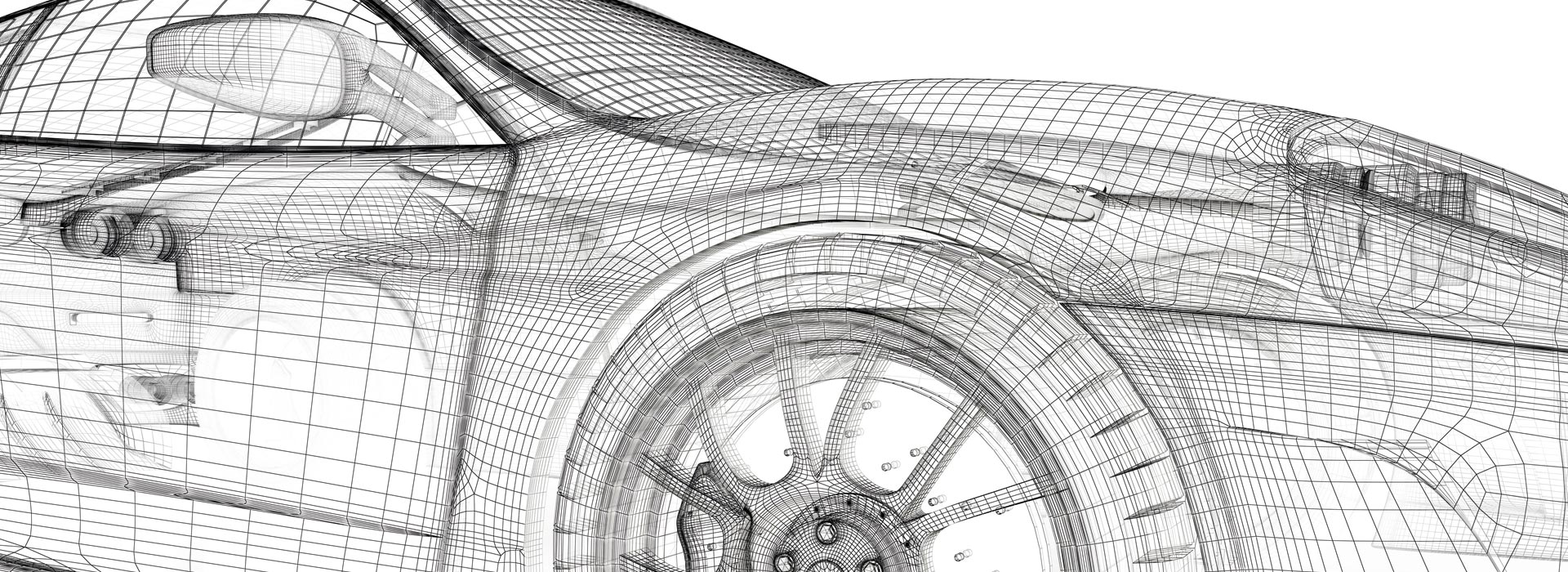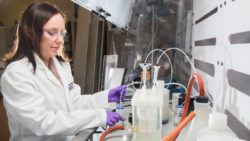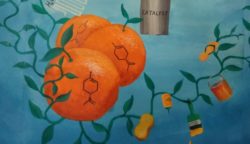Pinweld Ltd – reducing the environmental impact of the automotive sector one repair at a time
Many cracked plastic bumpers and under bonnet car parts are replaced rather than repaired, which comes at a significant financial and environmental cost. This is the reason why Pinweld Ltd innovative approach awakened the interest of the UK automotive sector.
Pinweld Ltd. was originally set up to explore options for an innovative method of joining thin sheet (1-5mm) olefin plastics by welding. To take the project forward, Keven Chappell, Chief Technology Officer for Pinweld, applied for support through the Sustainable Technologies Business Acceleration Hub (STBAH) programme – a business hub associated with the Centre for Sustainable and Circular Technologies (CSCT) and funded through the European Regional Development Fund (ERDF) that provides fully funded business support through mentoring, workshops and collaboration opportunities.
Given that technology development was key to developing a workable solution, STBAH set its priority to enable Pinweld’s collaboration with CSCT academic Professor Chris Bowen and his research group at the University of Bath. Nick Gathercole, part of the Bowen group, undertook mechanical testing and product trials to provide quantitative data on the strength of the repaired joints. The analysis of this data was then subsequently used to help with grant funding applications.
Since its creation, the project has attracted the interest of various stakeholders in the automotive repair sector, including workshops, national franchises, insurance companies and automotive trade associations.
The precision polymer technology patented by Pinweld allows the manufacture and repair of high-value plastic components to almost the strength of the original plastic, in less time and at a lower cost than offered by current processes. Although the company’s focus is currently the UK car body repair market, their technology can be applied to a wide variety of polymers and industries.
By repairing rather than replacing a range of components, the cost of minor impact repair is reduced substantially, as well as the volume of plastic waste generated. These components include those containing high value electronics and other materials, which are reported to create difficulties in recycling processing.
The business has received financial support from Angel Investors; however, additional funding will be required to support prototype development leading to production. Antony Pullen, recently appointed Chairman and CEO of the business, said:
“I’m delighted to join the Pinweld Team in taking this unique, precision polymer weld technology to market. This innovative technology is going to have a significant beneficial impact on the automotive repair market. It quickly, reliably and efficiently mends plastic under bonnet components and body parts, which today are simply discarded as a matter of routine. The significant environmental and economic benefits of repairing rather than replacing automotive plastic parts makes this an inspiring and exciting project to be associated with.”
Keven Chappell, Chief Technology Officer and founder of Pinweld, says:
“In the mid-90s, as an innovator and keen motorcyclist with an immediate need, I devised a reliable method of fixing cracked plastic panels using a novel form of plastic welding. Working full-time in aerospace and reliability engineering I didn’t think much more about it until two decades later, when I moved from engineering to retrain as a maths teacher. To pay the bills during teacher training, I used my old designs and began to repair bike fairings, car headlight brackets and other plastic items. Individuals and subsequently businesses became interested in making use of the service so I started Plastic Repairs Ltd. As the technology developed, I began raising the funds to develop the plastic welding equipment, which was later refined to become the Pinweld tool. The business is rapidly moving forward, I’m confident that Antony’s experience and business knowledge will fast track us in the right direction.”
“It was a privilege to work with the STBAH team. We received a wealth of knowledge and guidance and wholly recommend the programme to anyone in sustainable tech.”
STBAH is also partnered with the University of Bath and the business incubator SETsquared.






